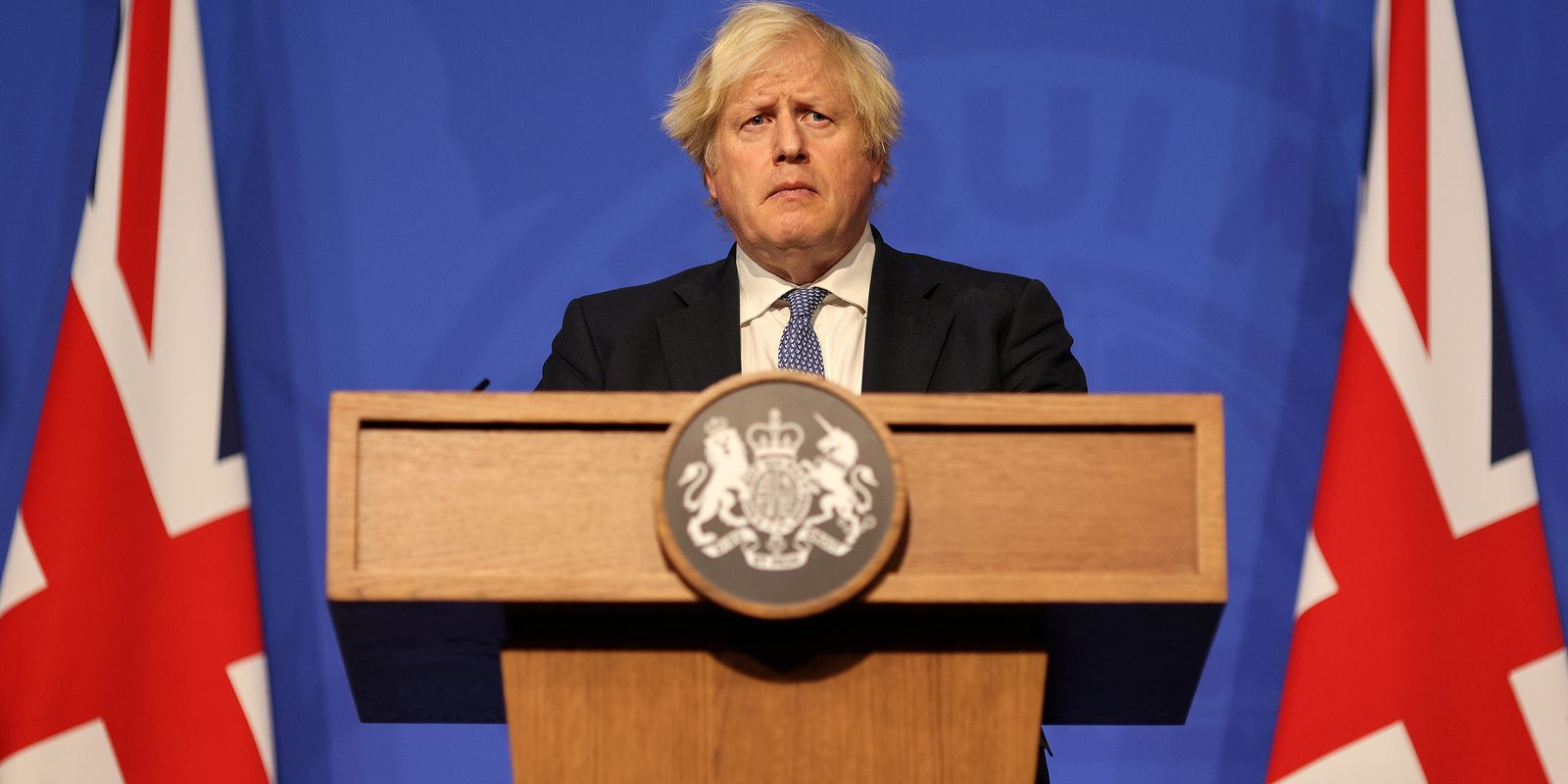O The Canadian central bank justified its decision by the persistent “excess demand” of the economy, higher than expected.
In a press release, the monetary authority notes that consumer prices are falling thanks to the fall in energy, but that underlying inflation, which excludes energy and food prices, “remains stubbornly high”.
The Bank of Canada added that the economy grew more than expected in the first quarter, 3.1%, while consumption growth was “surprisingly strong and broad”.
This situation led to an increase in inflation for the first time in 10 months, bringing it to 4.4% in April.
In this context, the Bank of Canada decided to raise interest rates considering that monetary policy “was not sufficient to balance supply and demand and bring inflation down to 2%”.
The increase is the ninth since the Bank of Canada began raising interest rates in January 2022 to curb high inflation growth.
Also read: Eurozone companies expect 5.4% rise in labor costs

“Freelance communicator. Hardcore web practitioner. Entrepreneur. Total student. Beer ninja.”









